Connecticut Payment Terms Overview
- Private Jobs
- Public Jobs
- Top Links
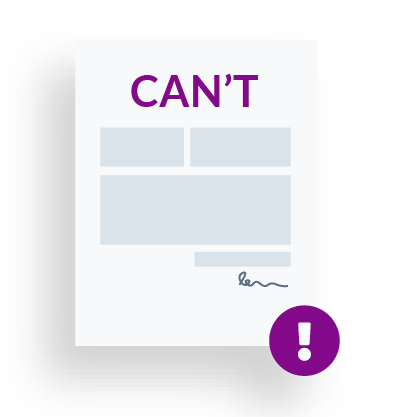
Lien Rights Can't Be Waived By Contract
Connecticut laws specifically prohibit the ability to waive lien rights in a construction contract.
Pay-If-Paid Enforceable
Yes, pay-if-paid clauses have been enforced in Connecticut, although the courts are hesitant to do so, as long as the language is clear and unambiguously sets a condition precedent to payment.
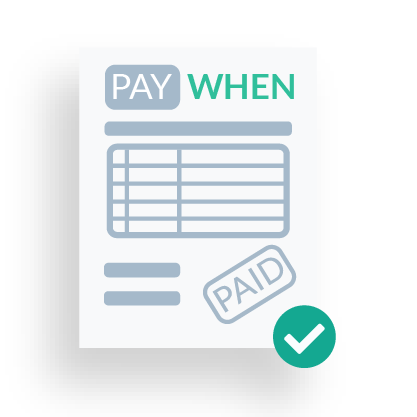
Pay-When-Paid Enforceable
Pay-when-paid clauses are enforceable in Connecticut as establishing a reasonable time for payment.
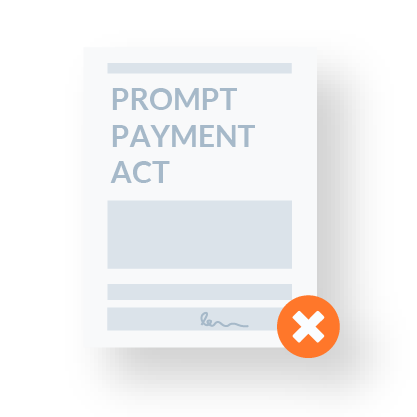
Prompt Pay Timing May Not Be Modified By Contract
On covered private projects in CT, payments must be made by the owner within 30 days of a pay app, in turn, all other payments must be released within 25 days of receipt of funds.
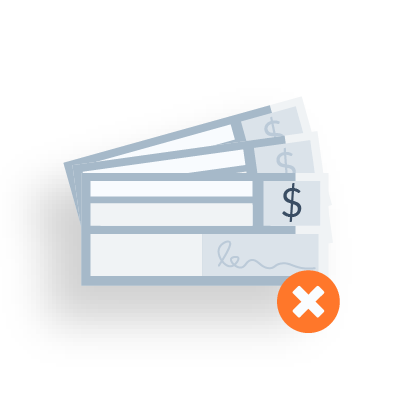
Retainage Limits May Not Be Exceeded
Retainage on covered private projects in Connecticut is strictly capped at no more than 5%. However, the contractor can deposit securities in lieu of retainage.
Pay-If-Paid Enforceable
Yes, pay-if-paid clauses have been enforced in Connecticut, although the courts are hesitant to do so, as long as the language is clear and unambiguously sets a condition precedent to payment.

Pay-When-Paid Enforceable
Pay-when-paid clauses are enforceable in Connecticut as establishing a reasonable time for payment.
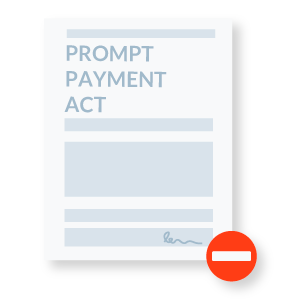
Prompt Payment Timing To Primes May Be Modified
Prompt payment timing from the public entity to the owner of 45 days acts as the default if the contract is silent. All other payments must be made within 30 days of receipt of payment.

Retainage Limits May Not Be Exceeded
The limits on retainage for public works projects cannot be exceeded by contract.
A construction contract outlines each party’s obligations, rights, and remedies on a project. But although the language in specific contract clauses is typically negotiable, construction is a highly regulated industry in the United States, and that doesn’t stop with respect to the payment aspect. Legislation related to payment timing, retainage, lien rights or other security instruments, how to treat funds prior to payment, and more all must be balanced with construction participants’ freedom of contract.
In Connecticut there are strict rules and regulations that limit freedom of contract, as public policy has generally come down on the side of protecting payments to construction participants, and regulatory control toward that end. This is true with respect to both private and public projects in Connecticut.
On this page, you’ll find resources, legal information, and answers to frequently asked questions about Colorado’s construction contract and payment terms requirements.
Connecticut construction contract provisions
While Connecticut generally allows construction parties to set the terms of their agreement, there are some laws that regulate specific types of contract provisions. Any contract clause that contradicts the law is invalid and unenforceable.
“No lien” clauses
Any purported clause in a construction contract in Connecticut waiving the right to file a mechanics lien or a claim against a payment bond in Connecticut, also referred to as “no-lien clauses,” have been declared void and will have no effect under CT law, However, subordination of a lien claim is allowed, which can essentially operate in the same manner as a no-lien clause, so contractors should be wary of such provisions before entering into any new construction contract or subcontract.
Contingent payment clauses
There are two types of “contingent payment” clauses: pay-if-paid and pay-when-paid.
Pay-if-paid clauses shift the burden of nonpayment to the subcontractor. In other words, these clauses create a condition precedent (payment from the owner) before the obligation to pay a subcontractor arises. Connecticut, although hesitant to enforce such clauses, have upheld them in court. However, the degree of specificity and intent is quite high. Further, even if upheld as an enforceable pay-if-paid clause, it “does not waive the Plaintiffs’ rights to look directly to the owner for payment either through the use of a mechanic’s lien or the remedies set forth in the construction contract statutes, or to make a claim on the payment bond.” –See: Lindale Constr. v. Cont’l Cas. Co.
On the other hand, pay-when-paid clauses only operate as a timing mechanism. These clauses merely set a reasonable time for payment, it does not fully shift the risk of owner nonpayment; the underlying obligation to pay still exists. Such clauses are enforceable in Connecticut, but only to the extent that they are not in conflict with the timing for payment set forth by Connecticut’s prompt payment statutes.. Particularly, if a purported pay-if-paid clause is deemed to be insufficiently clear or unambiguous, the CT Superior Court mentions that when the “language in the article is somewhat ambiguous… it is concluded that the language in the article should be characterized as a “pay when paid” type of provision.”
While Connecticut is clearly reluctant to enforce pay when paid clauses, the Connecticut Supreme Court passed on the opportunity to rule on the enforceability of pay when paid clauses in Blakeslee Arpaia Chapman, Inc. v. EI Constructors, Inc., despite outlining 8 distinct reasons why pay when paid clauses should not be enforceable.
Prompt payment timing clauses
Connecticut has a set of prompt payment laws governing payment timing on both private and public construction projects. On private projects, the payment deadlines apply to all projects valued at over $25K. On such projects, payments from the owner to the general contractor must be made within 30 days of a request for payment. All other payments down the contracting chain must be made within 25 days of the paying party’s receipt of payment. These deadlines cannot be altered or modified by the terms of the contract between the parties.
As for public projects, the prompt payment rules regarding payments to the prime contractor act as the default. In other words, the terms of the contract will govern when payments must be made, but if the contract is silent, then the 45 days from receipt of a pay app or receipt of goods/services (whichever is later) applies. All other payments must be made to subs and suppliers within 30 days of receipt of payment.
Retainage limits
The amount of retainage that can be withheld on both private and public projects in Connecticut is strictly regulated. On private projects valued at over $25K, no more than 5% of the estimated amount of each progress payment.
On public projects, the amount of retainage that can be withheld varies depending on the public entity who commissioned the work. On State government projects, the no more than 7.5% of each payment may be withheld until the midway point on the project. Once the project reaches 50% completion, retainage must be reduced to no more than 5% of the remaining payments. For county, local, and municipal projects, retainage is capped at no more than 5% for the lifespan of the project.
Connecticut construction contract requirements
Generally, Connecticut doesn’t have any specific requirements for construction contracts, although there are a few things that should always be included in your contracts. For private construction projects that are covered under the CT prompt payment laws ($25K+) the contract must include the prompt payment timing as the payment schedule.
Additionally, there are very specific requirements for contracts involving the construction of new homes and the repair of existing residential properties valued at $200 or more. Such contracts must be in writing and require some specific information to be included; which includes the contractor’s name, address, and registration number, a start and completion date, the date of the transaction, and more. For a full breakdown see: What Residential Contractors Need to Know About The CT Home Improvement Act.

